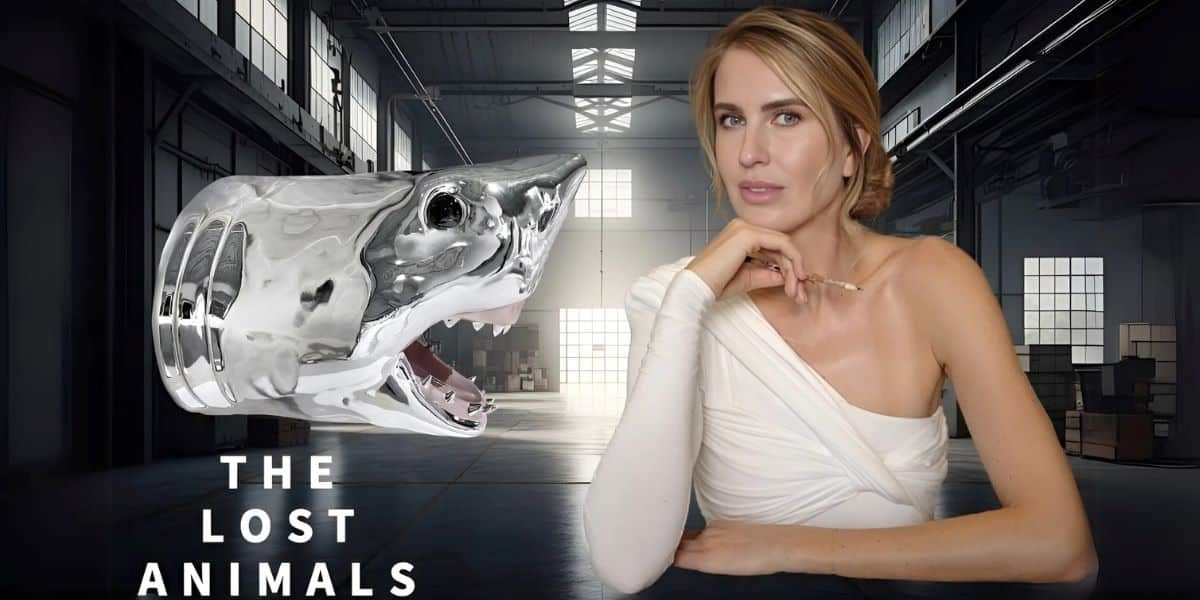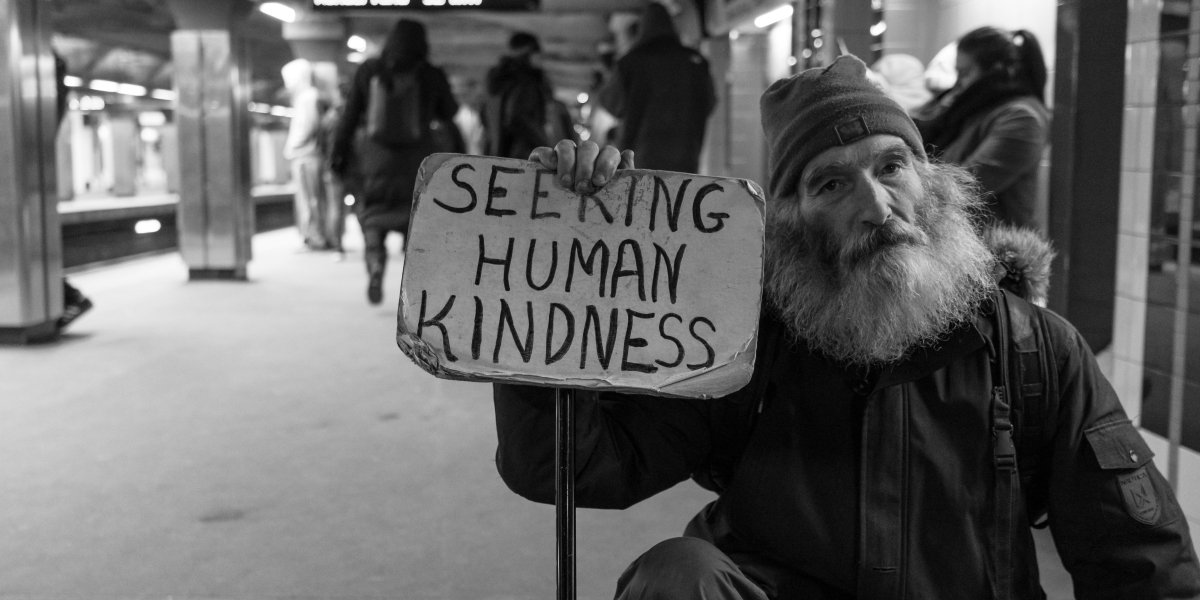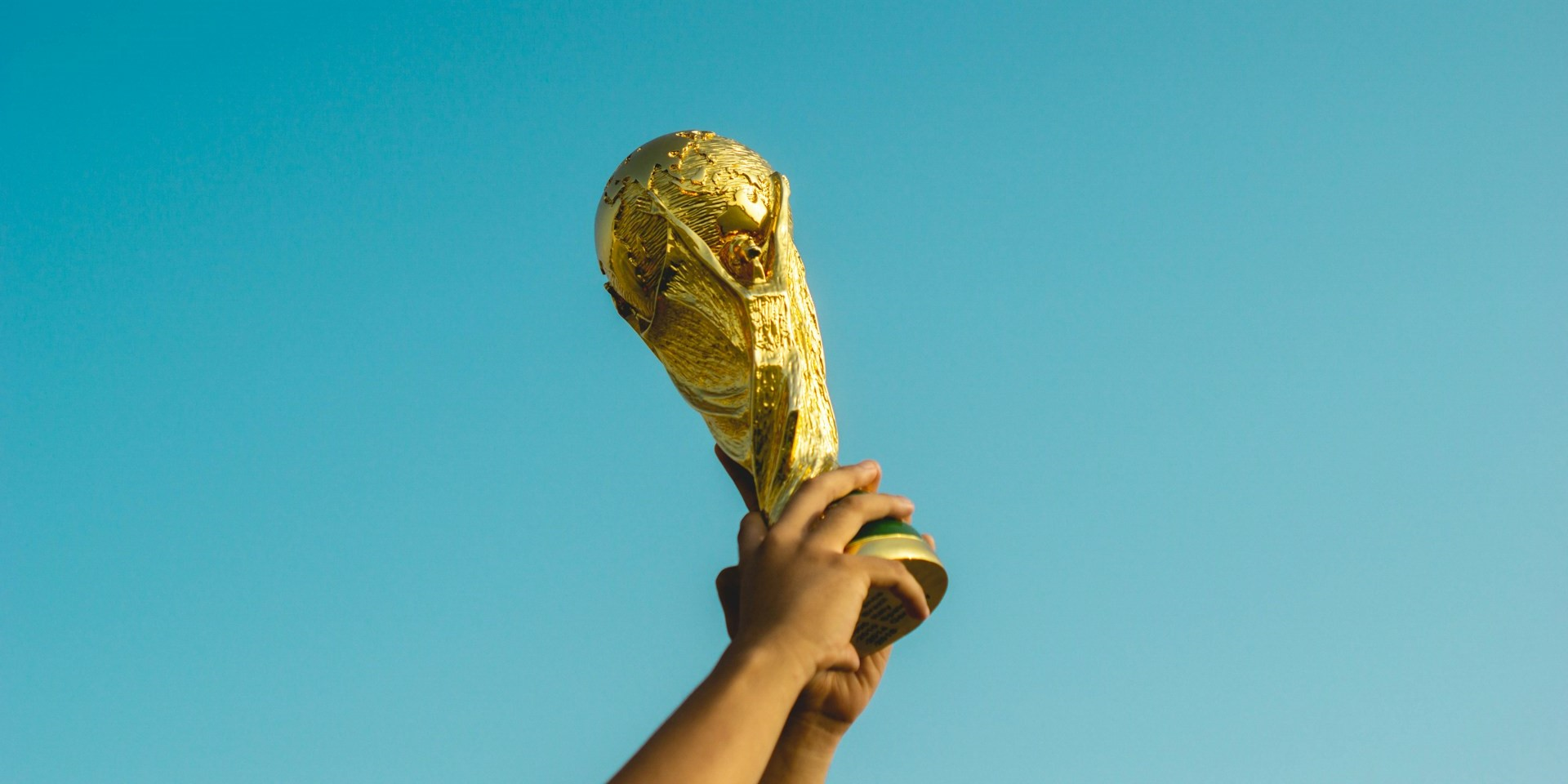By: Alva Ree
In a conversation with artist, philanthropist, and environmentalist Natalia Kapchuk, we delve into her latest mixed-media art project, “The Lost Animals,” her journey as an activist, and her vision for a sustainable future.
Interviewer: Natalia, your latest project, The Lost Animals, has already captured significant attention. Can you tell us what inspired this series?
Natalia Kapchuk: Thank you. The Lost Animals was born out of my deep admiration for the beauty, grace, and mystery of marine life and my concern over the alarming threats many species face. I’ve always been drawn to the ocean—it’s such a vital yet fragile ecosystem. When I learned about the rapid decline of species like the Blue Whale, Hawksbill Sea Turtle, and Great Hammerhead Shark, I knew I had to channel my art toward raising awareness and inspiring action.
Interviewer: How does this series differ from your previous work, The Lost Planet?
Natalia Kapchuk: The Lost Planet focused on the broader impacts of human activity on the environment—deforestation, pollution, and climate change. With The Lost Animals, I’ve shifted my focus to endangered marine species. Each sculpture is dedicated to a species on the International Union for Conservation of Nature’s (IUCN) Red List. This project is a continuation of my environmental advocacy and a deeper exploration of the interconnectedness of life on Earth.
Interviewer: What materials and techniques do you use to create these sculptures?
Natalia Kapchuk: I bring each piece to life using a combination of recycled fiberglass, flocking techniques, electroplating, and hand detailing. My mixed-media approach allows me to merge natural and industrial materials—such as plastic debris, sand, and moss—into the artwork. These materials often symbolize marine life’s threats, like pollution and habitat destruction. My goal is to create visually striking pieces that evoke both beauty and sadness, compelling viewers to reflect on the urgency of conservation.
Interviewer: The project is rooted in advocacy. How do you hope audiences will respond?
Natalia Kapchuk: I want people to feel a deep emotional connection with the species I portray. Each sculpture tells a story of survival and vulnerability—the majestic Killer Whale or the delicate Spotted Seahorse. I hope viewers walk away with an appreciation for these creatures and a sense of responsibility. Art has the power to inspire action, and I believe that seeing the fragility of these species up close can motivate people to contribute to their protection.
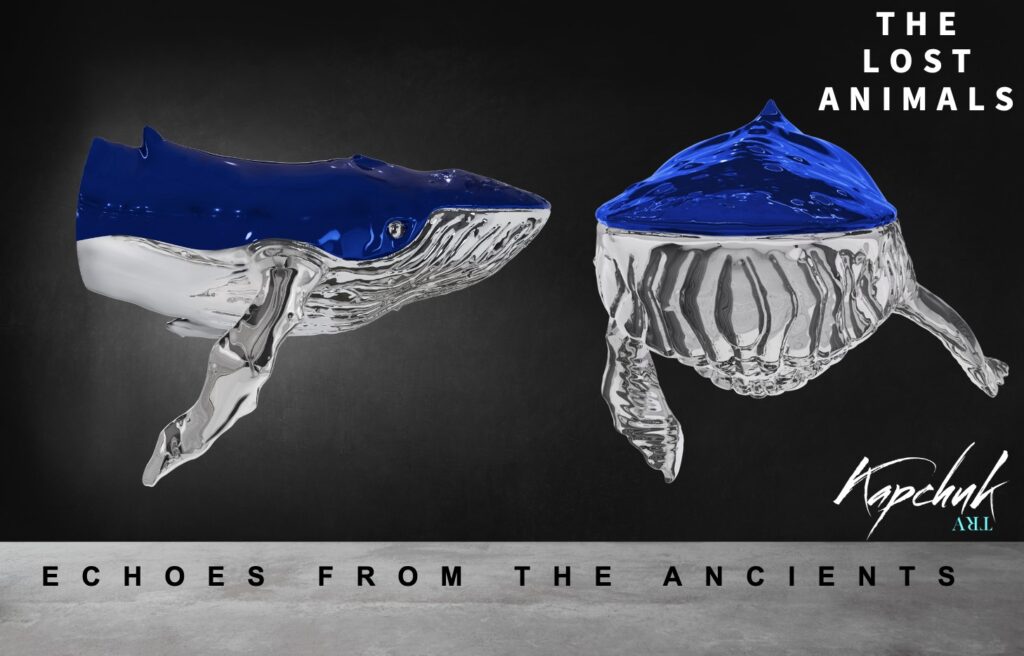
Interviewer: Your art often incorporates global environmental issues. How did you develop this unique focus?
Natalia Kapchuk: It was a journey that started in my childhood. I grew up in Yekaterinburg, Russia, where my mother, an artist and sculptor, profoundly influenced me. I created ceramic sculptures as a child and participated in local art fairs. Later, my studies in international relations and art history opened my eyes to global issues. Over time, I realized that art could be a powerful medium for addressing these challenges, and I began using my work to highlight the conflict between humanity and nature.
Interviewer: You’re also an ambassador for several organizations, such as the Parliamentary Society of Arts, Fashion, and Sports (UK) and the Better World Fund (BWF). How do these roles complement your artistic work?
Natalia Kapchuk: My ambassadorships allow me to connect with like-minded organizations that share my vision for a sustainable future. These roles give me a platform to amplify my message, whether by partnering with charities like Plastic Oceans Europe and Earthwatch Europe or participating in events supporting environmental causes. Knowing that my art can contribute to broader efforts to protect the planet is incredibly fulfilling.
Interviewer: You’ve exhibited your work globally, from London to Shanghai. How has the international art community received The Lost Animals?
Natalia Kapchuk: The response has been overwhelming. It’s heartening to see how people from different cultures and backgrounds resonate with the message of The Lost Animals. My work has been showcased at prestigious venues like the StART Art Fair at the Saatchi Gallery in London and the Shanghai International Art Fair. These platforms have helped me reach a wider audience and reinforced the idea that environmental concerns are universal.
Interviewer: Some of your pieces have been auctioned for charity, raising significant funds. Can you share more about this aspect of your work?
Natalia Kapchuk: I’ve been fortunate to have my pieces featured in auctions by Phillips and Christie’s. For instance, Saharan Sands from The Lost Planet series sold for £27,940, and The Vanishing Antarctica raised $50,000 for environmental causes. Seeing my art contribute directly to initiatives that protect wildlife and ecosystems is incredibly rewarding.
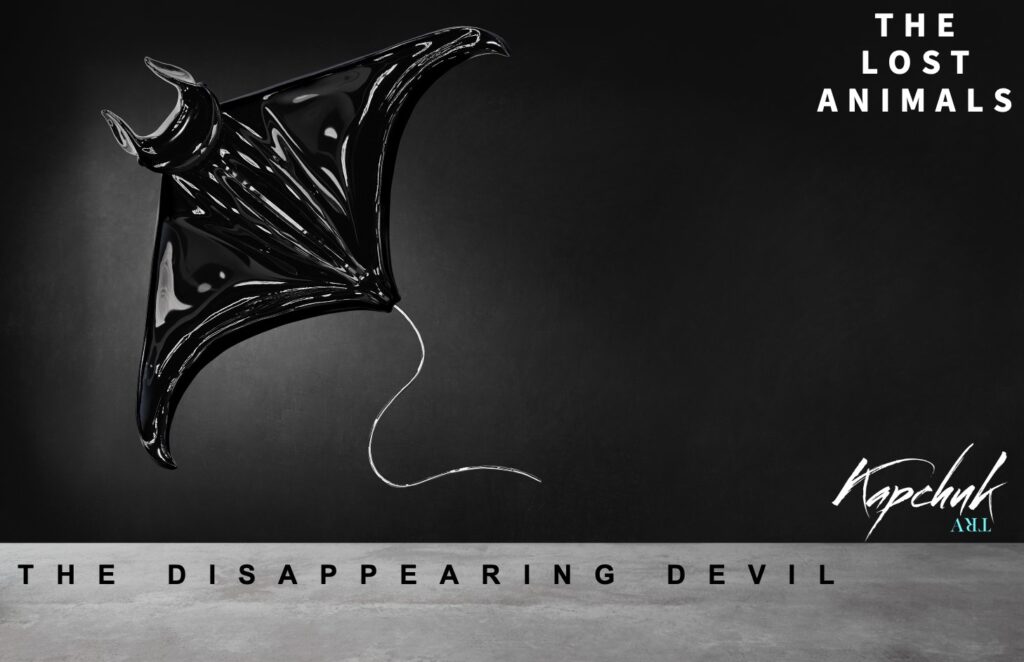
Interviewer: What’s next for The Lost Animals?
Natalia Kapchuk: I’m thrilled to announce that The Lost Animals will debut as a solo exhibition in early 2025 in Dubai. With its global reach and cultural vibrancy, this city is the perfect place to launch this project. I hope the exhibition will spark meaningful conversations about the urgent need for marine conservation.
Interviewer: Lastly, what message do you want to leave with your audience?
Natalia Kapchuk: I want people to realize that the fight for our planet’s future is not just for environmentalists or scientists—it’s for everyone. The survival of these species is tied to the health of our ecosystems and, ultimately, our survival. Through The Lost Animals, I hope to inspire people to take small, meaningful steps toward conservation, whether reducing plastic use, supporting sustainable practices, or raising awareness.
As Natalia Kapchuk continues to merge artistry with advocacy, her work reminds us that art can be a powerful force for change. Her sculptures capture the beauty of endangered species and serve as a rallying cry to protect the delicate balance of life on Earth. For more information, visit kapchukart.com.
For more info, please contact FPRBuro Agency: www.kapchukart.com | London, UK
info@fprburo.com +1(954)395-4258 +7(925)514-7689
Published by Mark V.



